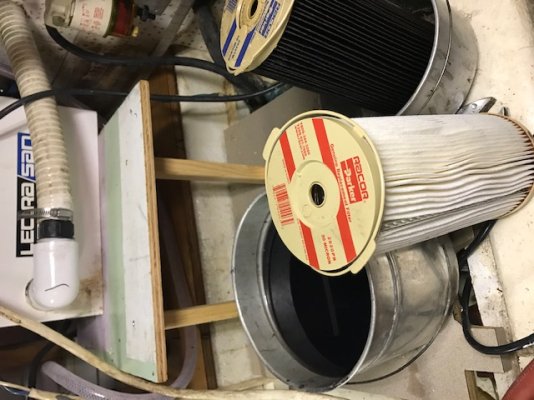Diesel Fuel questions...I Googled these and get different answers. I am new to diesel.
How long does it last without degrading to point that it should not be used?
Is there a difference diesel fuel from Automobile gas station or Marina? Besides price.
What products/additives should be added?
Do you keep extra fuel aboard in 5 gal containers?
Any good advice regarding diesel fuel?
How long does it last without degrading to point that it should not be used?
Is there a difference diesel fuel from Automobile gas station or Marina? Besides price.
What products/additives should be added?
Do you keep extra fuel aboard in 5 gal containers?
Any good advice regarding diesel fuel?

